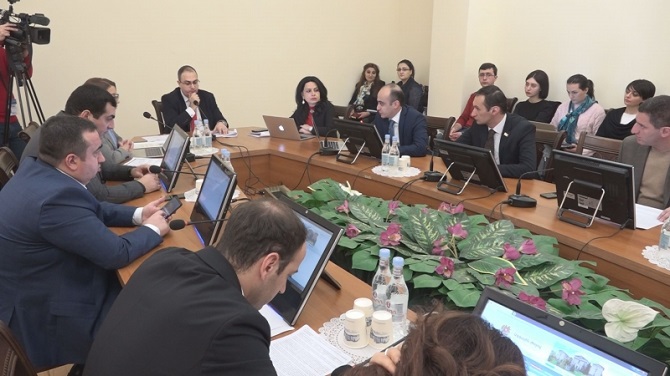Article 11 of the Penitentiary Code of the Republic of Armenia defines the main responsibilities of the convict. According to Point 6 of Paragraph 1 of the mentioned Article the convict shall be obliged to give explanations regarding the violation of the requirements of the procedure for serving the sentence.
According to Paragraph 3 of the same Article, the convict may be liable for failure to perform his or her responsibilities prescribed by law.
In our opinion, these legislative norms are problematic.
First of all, the term “may be liable for failure to perform his or her responsibilities prescribed by law”, in itself is not sufficiently certain.
Read also
According to points 1-3 of Paragraph 9 of the order for assessing the impact of the regulation of draft normative legal acts in the anti-corruption field approved by the decision of the Government of the Republic of Armenia No. 1205 dated October 22, 2009, one of the main corruption factors to be identified is the lack of clarity of the rights and responsibilities of officials, as they are mainly expressed in the normative legal act with the following expressions – the representatives of the state body (officials) “are competent” or “can“- as a result of which the word competency is interpreted as an opportunity rather than an obligation.
The mentioned article of the Constitution is reflected in the Criminal Code of the Republic of Armenia, the third part of Article 503 of which, as an encouraging norm, states that a person is not subject to criminal liability for refusing to testify against himself or herself, his or her spouse or a close relative, if it is reasonably assumed that it may be used against him or her or against them in future.
Point 3 of Paragraph 1 of Article 58 of the RA Criminal Procedure Code stipulates that a witness has the right to refuse to testify or provide materials, if it is reasonably assumed that it may be used against his or her spouse or a close relative in the future.
The right not to testify against himself or herself is a fundamental right for the accused (the person who has committed the crime).
In this context, we believe that imposing obligation on the convict by law to give an explanation regarding the violation of the requirements of the procedure for serving the sentence and providing for a possibility to be liable for that obligation cannot pursue legitimate interest and does contradict the right not to testify against himself or herself defined by Article 65 of the RA Constitution.
Anna Galstyan
Social Media manager at “Social justice” NGO


























































